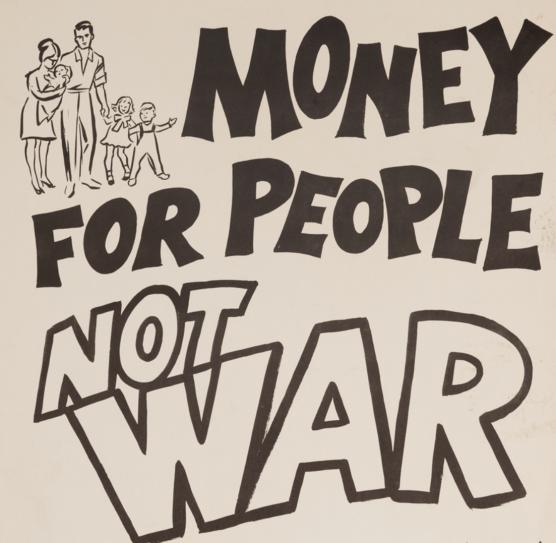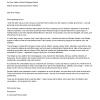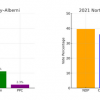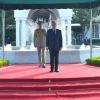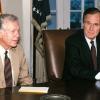Three years have passed since all involved parties have been committed to promoting peace through strength. This kind of discussion, particularly during wartime, heightens tensions, breeds hostility, creates fear and loss, and provokes revenge. This approach has led to an ongoing cycle of blaming each other since there has been no progress. Blame is easily assigned; it's often chosen by those wanting to evade accountability and responsibility.
However, genuine respect and strength come from striving for peace, even during conflict. Pursuing justice is not cowardice, even against opposition and all odds; it reflects true honour and virtue. True leaders understand the importance of putting aside personal pride to foster meaningful dialogue. They seek to settle conflicts calmly before they lead to irreversible damage. This outcome enhances peer recognition, promoting leadership, respect, and a strong presence.
Peace is already a challenging goal that demands commitment and resilience. Leaders will face significant setbacks, but it's crucial to differentiate between "just" and “lasting” in the broader context. “Just” is frequently influenced by the demands and expectations one party imposes on another, potentially heightening the chances of future conflict. “Lasting peace” is reached through communication and mutual concessions, fostering a shared understanding among all parties.
Here are key points to consider in the current peace process:
• If any European government decides to send troops into Ukraine, it would publicly acknowledge and forfeit NATO's defence Article 5, as they would actively participate in a conflict zone.
• Nations not directly involved should avoid mixing their interests in influencing parties and respecting Ukraine's right to determine its future.
• A ceasefire must be implemented on all fronts to enable direct negotiations between Ukraine and Russia with the help of a neutral mediator.
Ukraine and Russia must withdraw from the Donbas region and any territories acquired since 2022.
Crimea's status is aligned with Russia's.
The Donbas region should become a semi-independent, demilitarized buffer zone under United Nations oversight until future elections are held for its allegiance.
• The peacekeeping force will consist of neutral nations not engaging in conflicts.
• The easing of sanctions will depend on Russia's promise to rebuild Donbas, an official statement and a public commitment to avoid future invasions.
• Ukraine can seek EU membership but not NATO accession, as it has fueled the current conflict.
• Similar to Sweden's approach before joining NATO, Ukraine will hold a position of military non-alignment and neutrality while still having the opportunity to participate in the Partnership for Peace program.
• Ukraine must fund its military by itself while working within the limits of its current active personnel, not counting reservists.
• Following the signing of a peace treaty, martial law is expected to be lifted, President Zelenskyy will step down, and elections monitored by international observers will occur in Ukraine. Zelenskyy has the option to run for another term if he wishes.
Though these demands may appear uncommon, we must recognize the potential for resolution, as demonstrated by the historical instance of JFK and Khrushchev during the Cuban crisis.
Remember JFK's impactful message: "Ask not what your country can do for you—ask what you can do for your country." Similarly, we can say, "Don’t ask what peace can do for you—consider what you can contribute to peace."
If this letter speaks to you, please share it with those around you. Only together can we end this turmoil.











